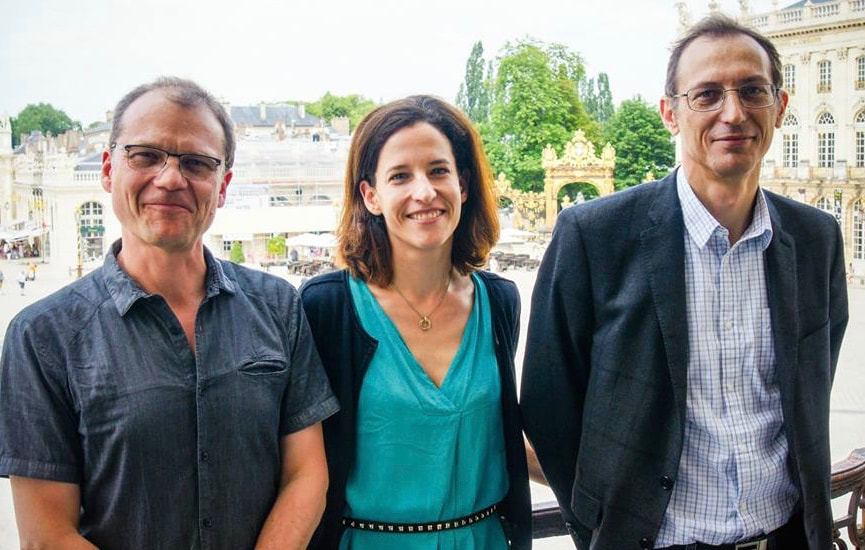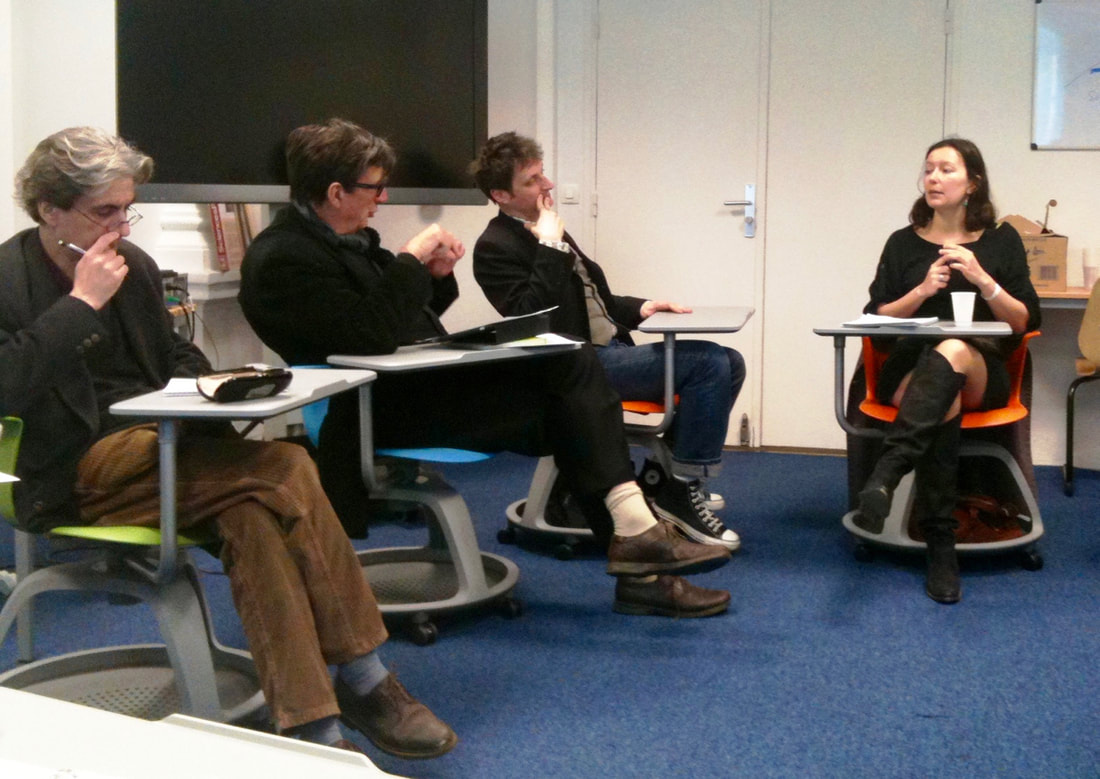University administration
As president of the Hertie School, the University of Governance in Berlin, I lead the institution's academic development. Details can be found in our annual reports and website.
Prior to becoming president of the Hertie School in Berlin, I have spent over ten years assuming administrative responsibilities at Sciences Po, in research as Associate Dean of Research and co-director of two transversal research centers, and recently as the university's Vice President for Studies and Academic Affairs and elected president of its Academic Board.
Sciences Po
Prior to becoming president of the Hertie School in Berlin, I have spent over ten years assuming administrative responsibilities at Sciences Po, in research as Associate Dean of Research and co-director of two transversal research centers, and recently as the university's Vice President for Studies and Academic Affairs and elected president of its Academic Board.
Sciences Po
|
Vice President for Studies and Academic Affairs
From 2015-2018, I was responsible for all undergraduate and graduate programs of Sciences Po, student life, career services and admissions. Durning this time, we have completed the restructuring of our master programs into seven graduate schools, with the launch of the School of Public Policy and the Urban School in 2015 and the School of Management and Innovation in 2017. The undergraduate curriculum of the College also underwent a profound review. To support excellence and innovation in teaching, we have created a Learning Lab that accompanies professors in their class design and use of digital innovation. Our start-up incubator has been transformed into a Center for Entrepreneurship that now includes a large course offer and a Research Chair on Women in Business. Keeping with Sciences Po's belief in the strength of diversity and partnerships, we have continued pursuing a strategy of joint degrees, in particular with programs beyond the social sciences, and we created a program to support refugees. To facilitate a diversity of scientific backgrounds, we have also reformed the admission procedures at the master level for applicants from France, who no longer need to pass a written examen. The coordination of seven graduate schools, an undergraduate college on seven campuses in France, five central divisions and two centers implied the management of 300 staff members, a community of 10 000 students and over 4000 professors and lecturers. Press Overview
|
Admissions Reform
Graduation Ceremony 2018
International Seminar
Welcome Refugees
Graduation Ceremony 2017
One Year Master Programs
|
|
Co-Director of Max Planck Sciences Po Center
Together with Marion Fourcade, I served as the founding co-director of the Max Planck Sciences Po Center on Coping with Instabilities in Market Societies (MaxPo), which opened in 2012. A joint venture between the German Max Planck Society and Sciences Po, created at the initiative of the Max Planck Institute for Market Societies in Cologne, the MaxPo investigates the social and political strategies to adapt to the changing conditions created by integrated economies. It is supported by an AXA Chair. In 2017, the new co-directors Jenny Andersson and Olivier Godechot have obtained the renewal of funding after a successful mid-term evaluation. Succeeding Jenny Andersson, I have returned to the co-directorship in the fall of 2019. MaxPo hosts twelve doctoral fellows and one post-doc, as well as a series of visiting researchers each year. Further information
|
Inauguration of MaxPo from Sciences Po on Vimeo. |
|
Co-Director of the Laboratory for Interdisciplinary Evaluation of Public Policy
In 2011, Etienne Wasmer, professor in economics and myself became the founding directors of the Laboratory for Interdisciplinary Evaluation of Public Policy (LIEPP), when we received funding for a bid to the French government’s excellence initiative in research and education (10 million € over a ten-year period). The LIEPP is a collaborative effort of four Sciences Po research units to create multidisciplinary perspectives on policy evaluation. Under the leadership of Bruno Palier, LIEPP's current director, and Etienne Wasmer, the LIEPP underwent a successful mid-term evaluation in 2016, has helped to recruit six assistant professors, fund fifteen doctoral fellowships and brings together more than 180 researchers working on five thematic axes and projects funded with the help of 20 additional funding partners. Further information
|
5 ans du LIEPP from Sciences Po on Vimeo. |
|
Associate Dean for Research
From 2008-2012, I have worked with Vice President for Research Bruno Latour to support the scientific activities of Sciences Po. We have launched an initiative for transversal topics that gave rise to eight research axes, several of which have since then become institutionalized and received third-party funding. In 2009, Sciences Po launched the medialab to help the social sciences take full advantage of big data available in the digital age. In addition we developed an internal seed funding scheme governed by a Scientific Advisory Board. A reform of Sciences Po's scientific governing boards and a policy of converging career patters was put into place to create a community of permanent faculty members across the university. This period also saw the creation of disciplinary departments, to help coordinate across research centers. |


